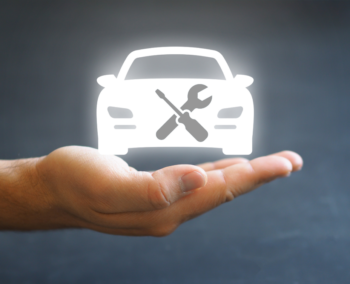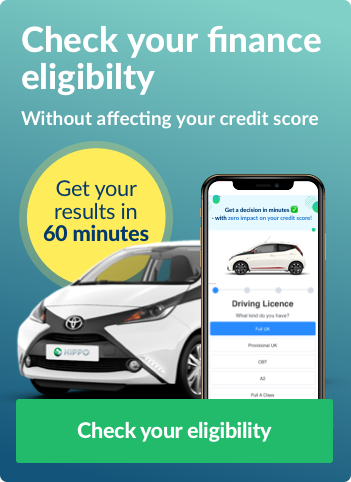When you pass your driving test a new life of independence awaits you. It’s an exciting time but one which comes with a set of responsibilities. Young drivers also have to bear the financial cost of increased insurance premiums. However, with a little preparation you can still ensure you enjoy life on the road.
Road Safety
It is widely recognised that the insurance premiums for young drivers are high. This is because drivers aged 17 to 24 have a much higher accident rate than any other age-group and the collisions that occur tend to be more serious, often entailing fatalities. Partly this is due to driver inexperience, but it is also because drivers in this age range are more likely to drive under the influence of drink or drugs, fail to wear a seatbelt, and drive in excess of the speed limit. To make sure you and others stay safe on the road, ensure you don’t fall into any of these avoidable scenarios.
Insurance Premiums
While insurance premiums are high for young drivers, there are steps you can take to reduce them. However, the first point to be made is that if you are going to be the main driver, it is not a wise move to allow your parents to buy the insurance and then add you as an additional driver. This is known as fronting and if you were to get caught it could lead to serious consequences. You could incur 6 penalty points or an automatic ban for a new driver, plus it is classified as fraud, so if you were involved in an accident you could end up with high costs or even be subject to criminal prosecution.
Instead, if you want to save money on getting your car on the road, consider these options:
• Purchase your insurance from a company which specialises in young drivers as they will probably be able to offer a better deal.
• Consider the model of car you buy carefully as this will have a big impact on insurance premiums and road tax.
• If you can commit to driving under a certain amount of miles every year, you may qualify for a lower cost limited mileage premium.
• Take an advanced driving test, such as Pass Plus, IAM or a BTEC course, to demonstrate your expertise. This can reduce your premiums by up to 20%.
Car Maintenance
The other expense you will incur as a driver will be servicing and repairs. If you follow steps to maintain the vehicle regularly yourself, this should help to lower your outgoings.
The first thing you should try to gain is an awareness of your vehicle. If it is making an unexpected whining noise, a screeching sound or shuddering as you start the engine then it may have a problem and this should be checked out. The same if a warning light appears on your dashboard, better to get it checked early than pay the price later with a more serious problem. Ask around friends and family to find a garage which has a good record and which you can trust. You should also learn how to check the oil and fluid levels in your car, look after the car’s bodywork, and know the recommended tyre pressure and check the tyre treads regularly. This will all help to keep you safe and save money over the longer term.
Being Prepared
While no-one wants to consider that they might be involved in an accident or suffer a breakdown it’s always best to plan for any eventuality.
If you are involved in an incident on the road, and if you are able to at the time, gather as much information as you can about the road, the driving conditions, any injuries which have been sustained by any party, and the details of anyone else involved and anyone willing to be a witness. Always make sure you carry a pen and paper and a camera with you, even if it is just the camera on your phone, as this will be very helpful for recording as much information as possible. You should also report the accident to your insurer as soon as possible afterwards whether you intend to claim on your insurance or not.
Breakdown cover is always a wise investment and doesn’t need to cost a huge amount if you shop around. If you experience a breakdown try to anticipate what the safest course of action is. For example, use your hazard lights to warn other drivers if you are blocking the road and if you break down on the motorway try to pull as far left on the hard shoulder as you can if stopping is unavoidable. You and any passengers should leave the vehicle in the safest manner possible and then telephone for help.
Any newly qualified driver is legal to drive, but that doesn’t mean they know everything they need to about life on the road. Carry out any necessary research so you are prepared for new situations such as driving in winter or crossing the Channel to drive in Europe. Reach out to more experienced drivers who can offer assistance, after all, they were all in the same situation once too.
If you want to have a long and happy life behind the wheel, consider the driving statistics and make sure you do all you can to keep yourself and those around you safe. That way you will get to enjoy all the rewards of life on the open road for much longer.
If you are looking for cars on finance as a new driver then we can help you get the best car finance deal available. If you have an idea what car you want, then we can help you through the rest.
















